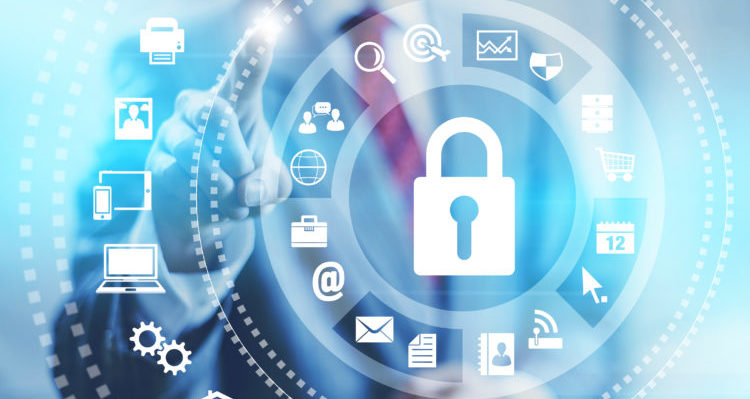
Photo Credit: shutterstock
By now, most of us have grown accustomed to the daily inroads on our privacy by the big social media platforms. We simply assume that the social media bots are always watching us. After all, that is the implicit deal we’ve reached with social media companies: we allow them to track our behavior, and in return, they let us use their platforms for free.
But now there is another entity that might be watching you, and that’s the government. In March, for example, a story leaked that the U.S. government was demanding that Google provide information on who had watched specific videos on YouTube. In some cases, the government was even going so far as to demand personal contact information and IP addresses, presumably so they could track down these users in real-life. Cue the scary conspiracy theory music.
Potential chilling effect on social media
If people think that the government is watching them, it could have a “chilling effect” on the types of content they consume, as well as their freedom of expression online. If you think your comments are going to land you in trouble, you’re probably going to avoid making them. That’s why authoritarian governments are so successful when it comes to crushing dissent – citizens are very aware of the potential penalties for saying certain things online.
So it’s easy to see what would happen on social media if people believed that the government was snooping on them. Most likely, they would not criticize the leader of the country. And they would not criticize government policies.
And, most likely, they would begin to hunt for “virtue signals” that they could use in their social media profiles to show their complete allegiance to certain government policies. That’s par for the course in authoritarian nations, where people go to great lengths to show that they are part of the right team, and that they are not thinking any improper thoughts.
Can the government really change your behavior?
Just consider what China is doing these days on social media. The Chinese government is engaged in an unprecedented effort to change economic consumption patterns by policing social media. The state is cracking down on what it refers to as “wealth-flaunting behavior.” It doesn’t want to see social media influencers appearing on Instagram or TikTok with ultra-expensive items, and it doesn’t want those influencers bragging about their wealth or ultra-luxe lifestyles.
The Chinese government sees wealth-flaunting behavior on social media as an embrace of greedy, rapacious capitalism and a rejection of communism. Add in the fact that the Chinese economic miracle appears to be slowing down, and the government doesn’t want to rub it in people’s faces that it is becoming harder to succeed in modern Communist China.
And that raises an interesting question: Can the government really change your behavior by altering what you see on social media? Would you be more inclined to scale back your lifestyle, if you aren’t subjected, day and night, to the endless flaunting of wealth on social media?
Keep the government out of social media
It’s only now that people are waking up to the mental, emotional, and psychological impact of social media. Seeing certain messages repeated, over and over again, can lead to certain behaviors. And not seeing those same messages might lead to completely different behaviors.
That being said, it seems like social media in America is at a tipping point right now. It can either go in the direction of free speech and freedom of expression. Or it can go down the path of censorship and control, in which people feel very constrained about what they can post on social media. Let’s just hope that the U.S. government doesn’t get into the business of trying to change what people think, because that leads to a very slippery slope indeed.